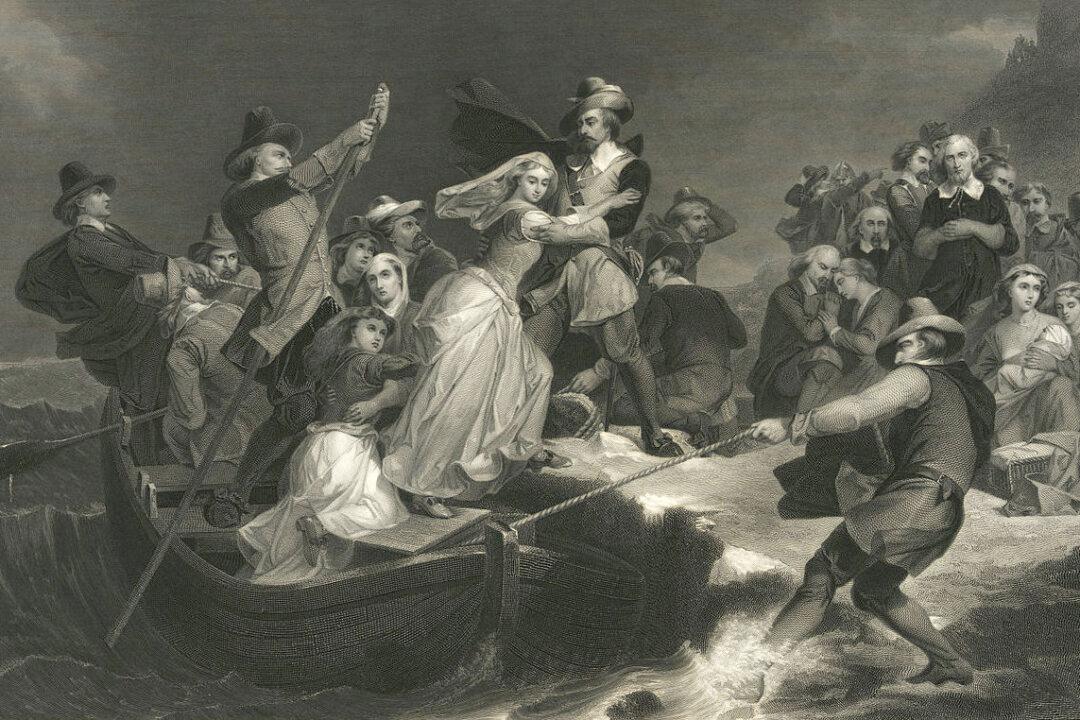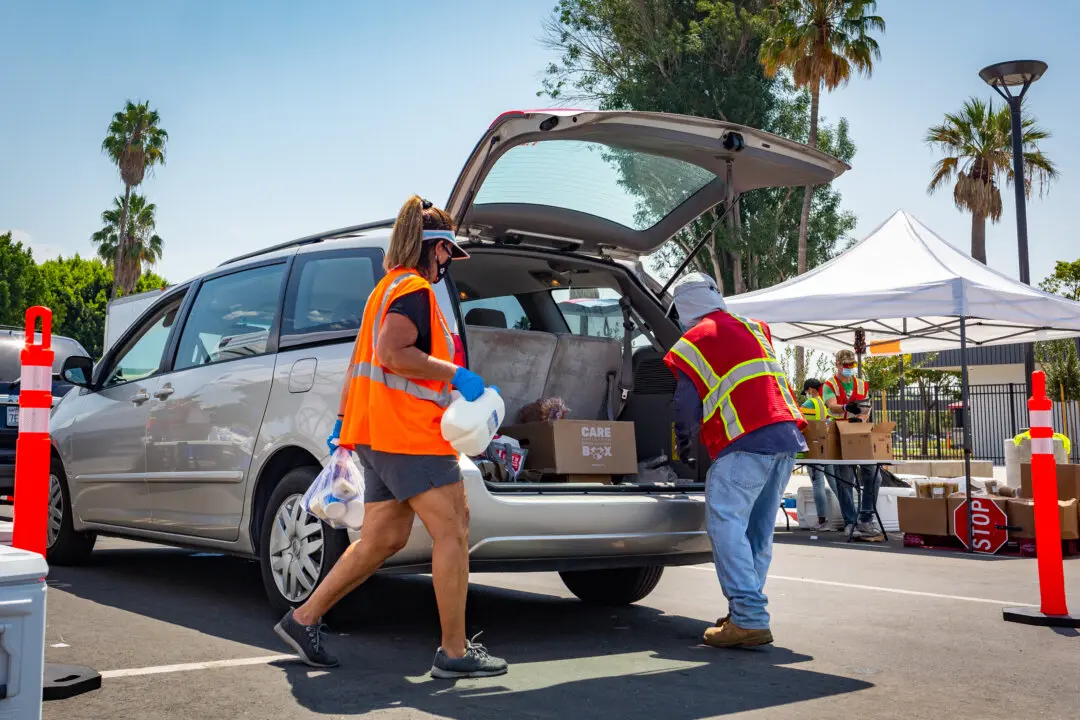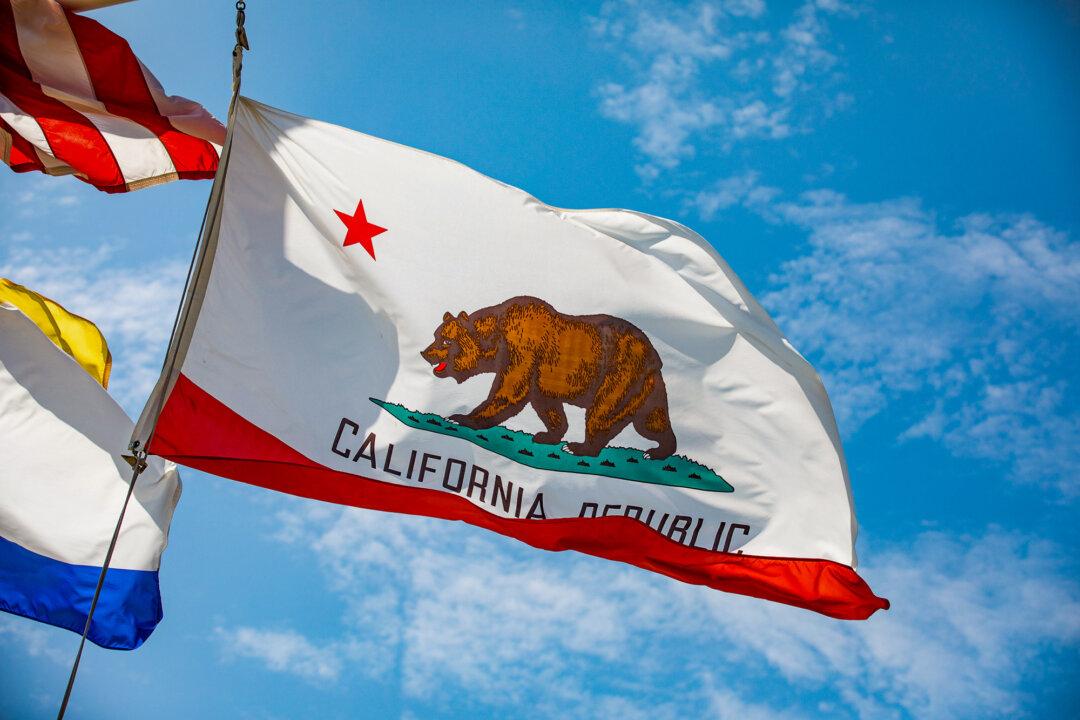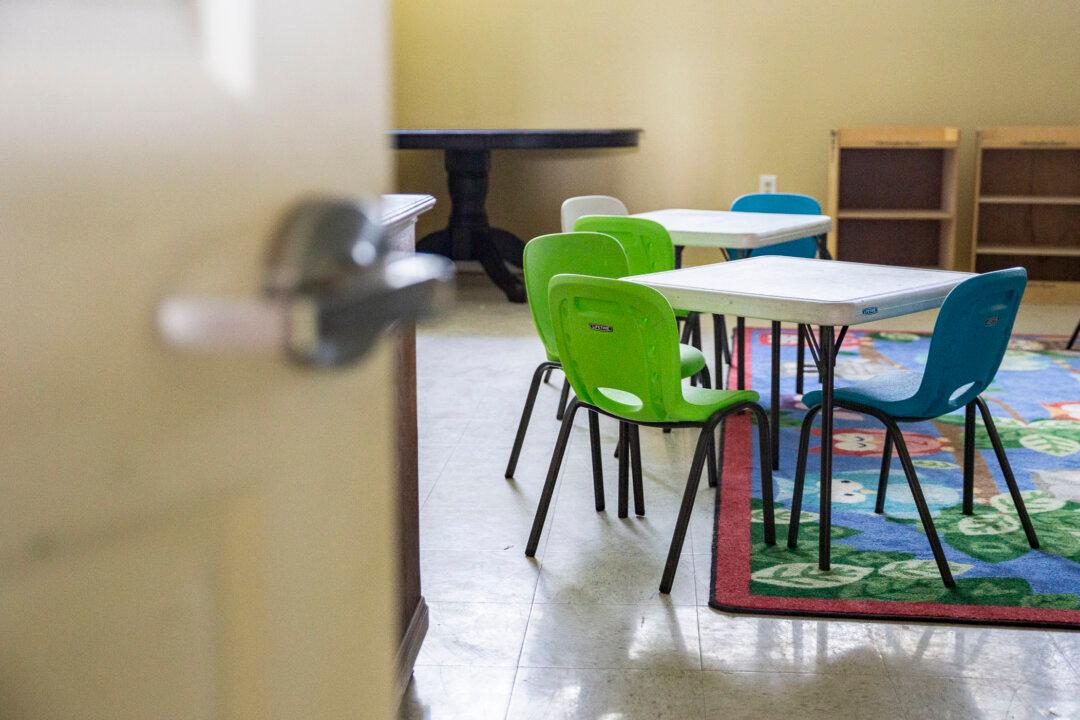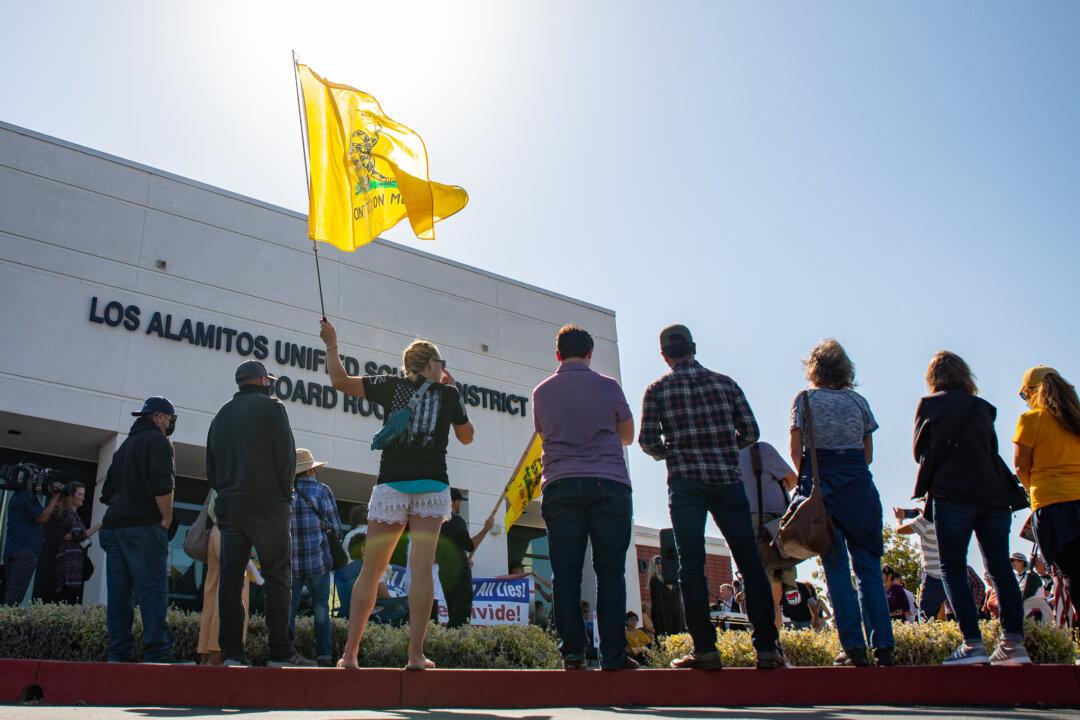Commentary
This spring, I found a card sent to me as a child from my paternal grandmother. In addition to her usual expressions of love and advice, my grandmother suggested that one of my ancestors came across the ocean on the Mayflower. Having forgotten she had made such a statement, and wanting to personally connect with a significant part of American history, I spent the past few months tracing every line on her side to find the connection.
